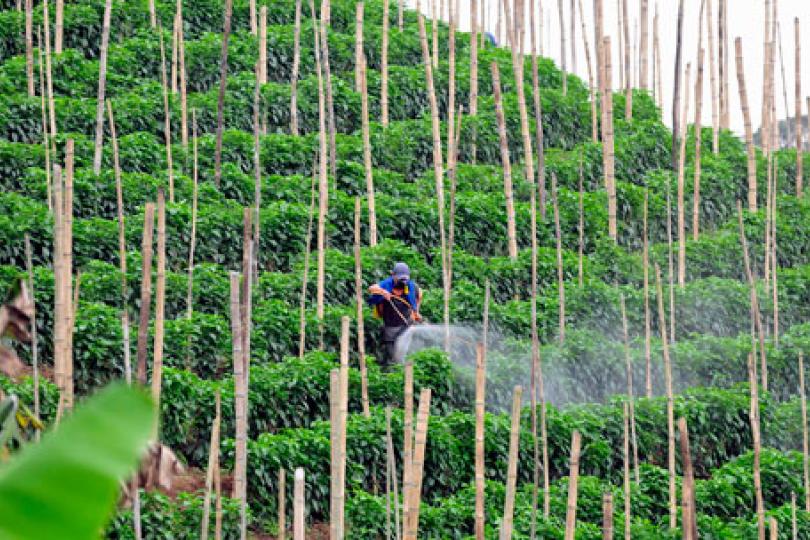McElwee quoted widely on IPCC report on climate change and land use
Fellow Pamela McElwee was one of the lead authors of the recently released IPCC report on climate change and land use.
From The New York Times:
The world’s land and water resources are being exploited at “unprecedented rates,” a new United Nations report warns, which combined with climate change is putting dire pressure on the ability of humanity to feed itself.
The report, prepared by more than 100 experts from 52 countries and released in summary form in Geneva on Thursday, found that the window to address the threat is closing rapidly. A half-billion people already live in places turning into desert, and soil is being lost between 10 and 100 times faster than it is forming, according to the report.
...
The report also offered a measure of hope, laying out pathways to addressing the looming food crisis, though they would require a major re-evaluation of land use and agriculture worldwide as well as consumer behavior. Proposals include increasing the productivity of land, wasting less food and persuading more people to shift their diets away from cattle and other types of meat.
“One of the important findings of our work is that there are a lot of actions that we can take now. They’re available to us,” Dr. McElwee said. “What some of these solutions do require is attention, financial support, enabling environments.”
...
Planting as many trees as possible would reduce the amount of greenhouse gases in the atmosphere by about nine gigatons each year, according to Pamela McElwee, a professor of human ecology at Rutgers University and one of the report’s lead authors. But it would also increase food prices as much as 80 percent by 2050.
...
“We cannot plant trees to get ourselves out of the problem that we’re in,” Dr. McElwee said. “The trade-offs that would keep us below 1.5 degrees, we’re not talking about them. We’re not ready to confront them yet.”
Additional Resources
Also see: To Halt Warming and Ensure Food Supplies, Land-Use Practices Must Change, Scientific American
